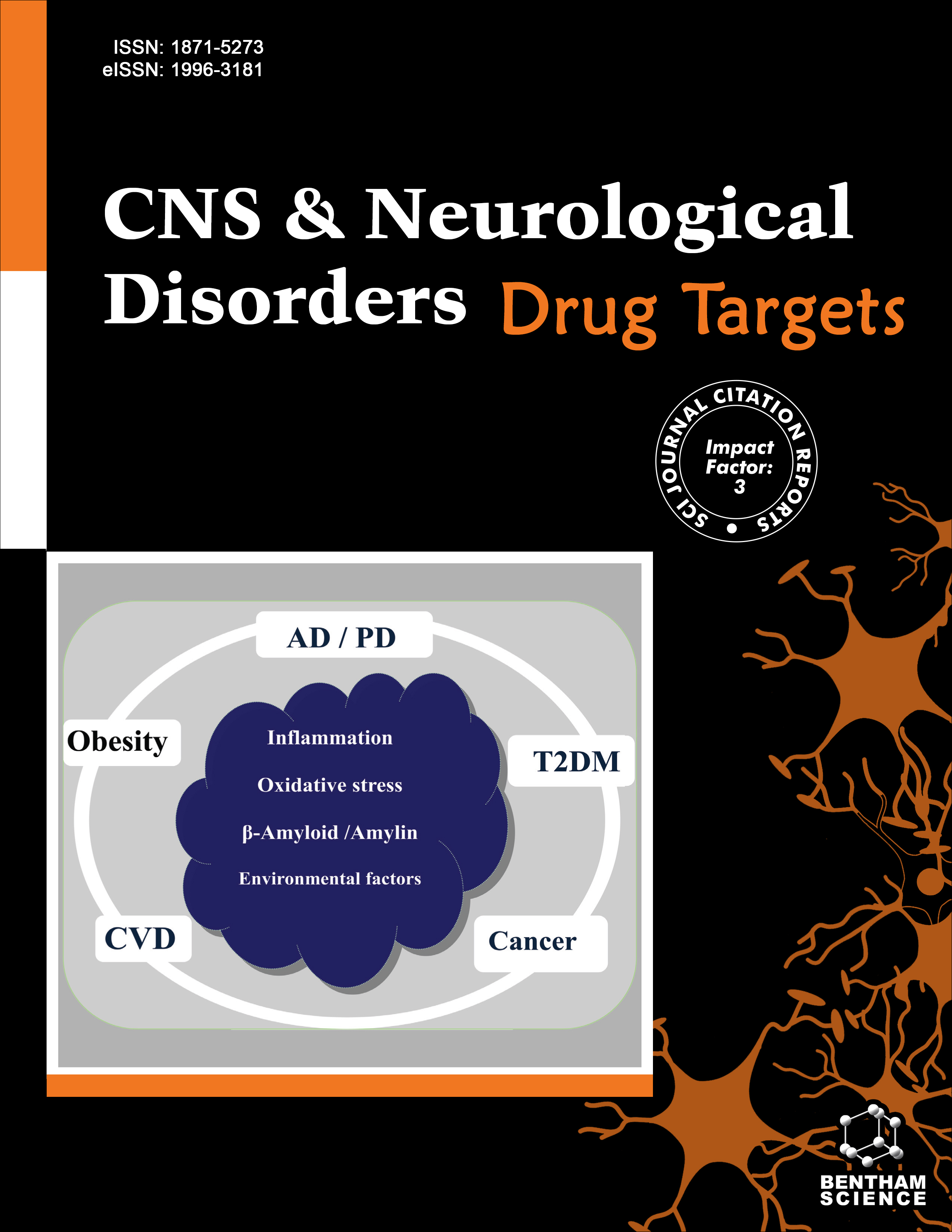
Full text loading...
Ischemic injury to the brain can result in a variety of life-threatening conditions, mortality, or varying degrees of disability. Hypoxia-inducible factor 1α (HIF 1α), an oxygen-sensitive transcription factor that controls the adaptive metabolic response to hypoxia, is a critical constituent of cerebral ischemia. It participates in numerous processes, such as metabolism, proliferation, and angiogenesis, and plays a major role in cerebral ischemia.
Through the use of a number of different search engines like Scopus, PubMed, Bentham, and Elsevier databases, a literature review was carried out for investigating the pharmacological modulation of HIF-1α pathways for the treatment of cerebral ischemia.
Various signalling pathways, such as Mitogen-activated protein kinase (MAPK), Janus kinase/signal transducers and activators (JAK/STAT), Phosphoinositide-3-kinase (PI3-K), and cAMP-response element binding protein (CREB) play a vital role in modulation of HIF-1α pathway, which helps in preventing the pathogenesis of cerebral ischemia.
The pharmacological modulation of the HIF-1α pathway via various molecular signalling pathways, such as PI3-K, MAPK, CREB, and JAK/STAT activators, offer a promising prospect for future interventions and treatment for cerebral ischemia.

Article metrics loading...

Full text loading...
References


Data & Media loading...

